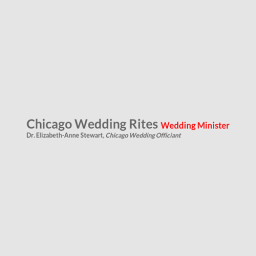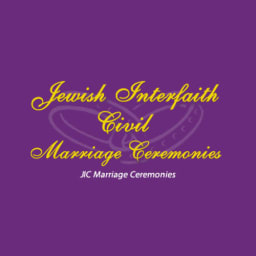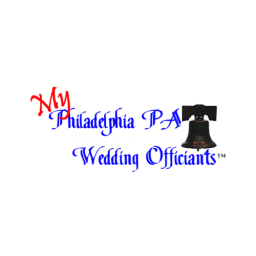
2024

Best Wedding Officiants
Find a Top-Ranked Wedding Officiant Near You
We did the research for you!
- Licensing
- User Reviews
- Mystery Shopping Calls
Learn about our selection process.
Top Wedding Officiants
= Featured Provider
New York, NY
Officiant NYC
New York, NY 10011Clergy on Call Ministries
New York, NY 11563Our Wedding Officiant, NYC
New York, NY 10011
Los Angeles, CA
Wedding Officiant Jon
PO Box 1100, Redondo Beach, CA 90278Weddings by Roxanne Hunt
Los Angeles, CA 90048Reverend Arlene Goldman
Los Angeles, CA 90405
Chicago, IL
Chicago Wedding Rites
Chicago, IL 60602"I Do" Weddings
1600 W Lake St, Addison, IL 60101Chicago Marriage - Reverend Daniel L. Harris
Elmhurst, IL 60126
Houston, TX
Get Married in Houston
11152 Westheimer Rd, #136, Houston, TX 77042Marry Me Houston
Houston, TX 77064We Do...I Do's
18602 Clay Rd, Houston, TX 77084
Phoenix, AZ
Joyful Unions
Phoenix, AZ 85004Reverend Roseanne
Phoenix, AZ 85015Jewish Interfaith Civil Marriage Ceremonies
Scottsdale, AZ 85260
Philadelphia, PA
South Jersey Officiants
Audubon, NJ 08106Journeys of the Hearts
Jenkintown, PA 19046My Philadelphia, PA Wedding Officiants
Philadelphia, PA 19019
San Antonio, TX
SA Wedding Pros
701 North Alamo Street, San Antonio, TX 78215Texas Wedding Ministers
571 Byrnes Drive, San Antonio, TX 78209Marriage Island
306 West Market Street, San Antonio, TX 78205
Dallas, TX
LoveNotes
6713 Longmeadow Drive, Sachse, TX 75048Drive-Up and Wed
Hurst, TX 76054A One Stop Wedding Shop Ministry
Fort Worth, TX 76102
San Diego, CA
Ceremonies by Bethel
Bonsall, CA 92003Vows From the Heart Ministries
Escondido, CA 92046Just Imagine
San Diego, CA 92024
San Jose, CA
Steve Beck
Gilroy, CA 95020Jaimee Leigh Events
San Jose, CA 95124Weddings By the Sea
Half Moon Bay, CA 94019
Top Wedding Officiants in other locations
- Wedding Officiants in Las Vegas, NV
- Wedding Officiants in Atlanta, GA
- Wedding Officiants in Kansas City, MO
- Wedding Officiants in Miami, FL
- Wedding Officiants in Oakland, CA
- Wedding Officiants in Raleigh, NC
- Wedding Officiants in Minneapolis, MN
- Wedding Officiants in Tampa, FL
- Wedding Officiants in Buffalo, NY
- Wedding Officiants in Orlando, FL































